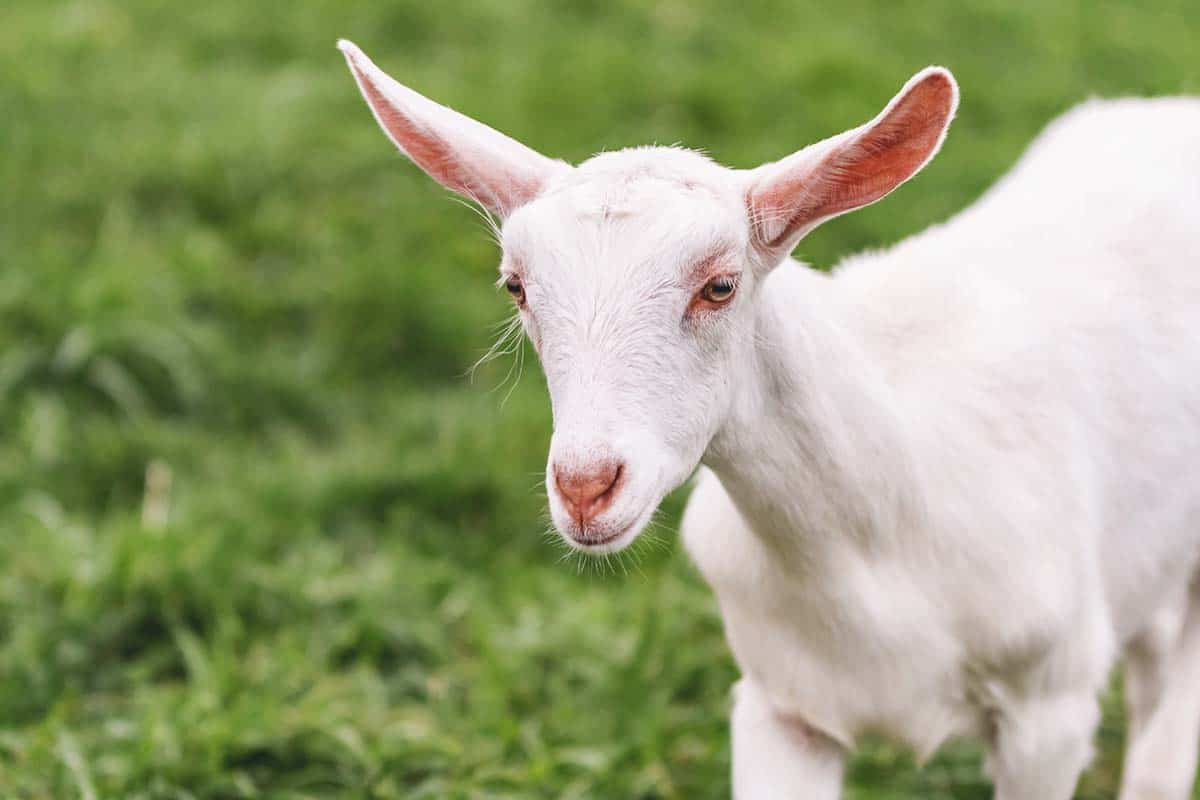Goat Milk vs. Cow Milk: Which is Right for You? Insights from Our Stand
Milk has been a staple in diets around the globe for centuries, with various cultures favoring different types based on availability, taste, and health benefits. Among the most popular options are goat milk and cow milk. Each type of milk comes with its own set of nutritional profiles, flavors, and health implications. In this article, we will explore the differences and similarities between goat milk and cow milk, helping you determine which is right for you and your dietary needs.
Nutritional Comparison: Goat Milk vs. Cow Milk
When choosing between goat milk and cow milk, one of the most critical factors to consider is their nutritional content. Although both types of milk provide essential nutrients, their compositions differ significantly.
Macronutrients

- Protein: Both goat and cow milk are excellent sources of protein, with cow milk typically having a slightly higher protein content (about 8 grams per cup) compared to goat milk (about 7 grams per cup).
- Fat: Goat milk generally contains more medium-chain fatty acids, which are easier for the body to digest. Cow milk has a higher percentage of saturated fat.
- Carbohydrates: Both types of milk contain lactose, but some individuals find goat milk easier to digest due to its smaller fat globules and different protein structure.
Vitamins and Minerals
- Calcium: Both goat and cow milk are excellent sources of calcium, essential for bone health. Goat milk, however, has about 33% more calcium per serving.
- Vitamin A: Goat milk is richer in vitamin A, which is crucial for vision and immune function.
- Vitamin B12: Cow milk contains more Vitamin B12, vital for nerve function and red blood cell production.
Overall, both goat and cow milk can be part of a balanced diet, but their nutritional profiles may cater to different health needs.
Health Benefits of Goat Milk

Goat milk has gained popularity in recent years due to its unique health benefits, making it a preferred choice for some individuals.
Easier Digestion

Goat milk is often recommended for those who experience lactose intolerance or dairy sensitivities. This is due to several factors:
- The smaller fat globules in goat milk make it easier to digest.
- The protein structure of goat milk is different from that of cow milk, which may result in fewer allergic reactions.
- Goat milk contains less lactose than cow milk, making it more tolerable for some lactose-intolerant individuals.
Potential Anti-inflammatory Properties
Some studies suggest that goat milk may have anti-inflammatory properties, which can be beneficial for individuals with chronic inflammatory conditions. The presence of certain fatty acids in goat milk may help reduce inflammation in the body.
Nutrient Absorption

Research indicates that the nutrients in goat milk might be absorbed more efficiently by the body compared to those in cow milk. This could be particularly advantageous for individuals looking to maximize their nutrient intake.
Health Benefits of Cow Milk
Cow milk has long been a dietary staple and is often fortified with additional vitamins and minerals, making it an excellent choice for many.
Rich in Vitamin B12
Cow milk is one of the best sources of vitamin B12, crucial for nerve health and the formation of red blood cells. This nutrient is particularly important for vegetarians and vegans who may struggle to obtain enough B12 from plant-based sources.
Bone Health
The high calcium and vitamin D content in cow milk promotes strong bone health, making it a favorite among children and adolescents in their growth phases. Cow milk is often fortified with vitamin D, which enhances calcium absorption.
Availability and Variety
Cow milk is widely available and comes in various forms, including whole, skim, and lactose-free options. This variety allows consumers to choose a product that best suits their dietary preferences and needs.
Environmental Considerations

As consumers become more environmentally conscious, the impact of dairy farming practices on the planet has come under scrutiny. Both goat and cow milk have environmental footprints, but they differ in several ways.
Resource Efficiency
Goats are generally more resource-efficient than cows. They require less land, water, and food to produce the same amount of milk. This makes goat milk a more sustainable option in regions where resources are limited.
Greenhouse Gas Emissions
Cow farming is associated with higher greenhouse gas emissions compared to goat farming. Goats produce less methane, a potent greenhouse gas, making goat milk a more environmentally friendly option.
Case Studies and Consumer Preferences

Understanding consumer preferences and experiences can provide valuable insights into the goat milk versus cow milk debate.
Consumer Trends
- A 2021 survey conducted by the Dairy Farmers of America found that nearly 30% of respondents prefer goat milk over cow milk due to its perceived health benefits.
- In a case study involving individuals with lactose intolerance, 85% reported a significant reduction in symptoms when switching from cow milk to goat milk.
Testimonials
Many individuals with dairy sensitivities share positive experiences with goat milk:
- “I switched to goat milk after struggling with digestive issues, and I noticed a significant difference. I no longer experience bloating.”
- “Goat cheese has become my go-to dairy option because it doesn’t upset my stomach like cow cheese did.”
Conclusion: Making the Right Choice for You
In conclusion, the choice between goat milk and cow milk ultimately depends on individual health needs, dietary preferences, and environmental considerations. Goat milk offers easier digestibility, potential anti-inflammatory benefits, and a more sustainable farming practice. On the other hand, cow milk provides ample vitamin B12, supports bone health, and comes in a variety of options.
When deciding which milk is right for you, consider the following:
- If you have lactose intolerance or dairy sensitivities, goat milk may be the better choice.
- If you are looking for a robust source of vitamin B12, cow milk might suit your needs better.
- Consider the environmental impact of your choices, as goat milk may offer a more sustainable alternative.
Ultimately, both goat milk and cow milk can be part of a healthy diet. It may be beneficial to try both types and see which one your body responds to best. Always consult a healthcare professional or a registered dietitian for personalized recommendations based on your health status and dietary needs.


